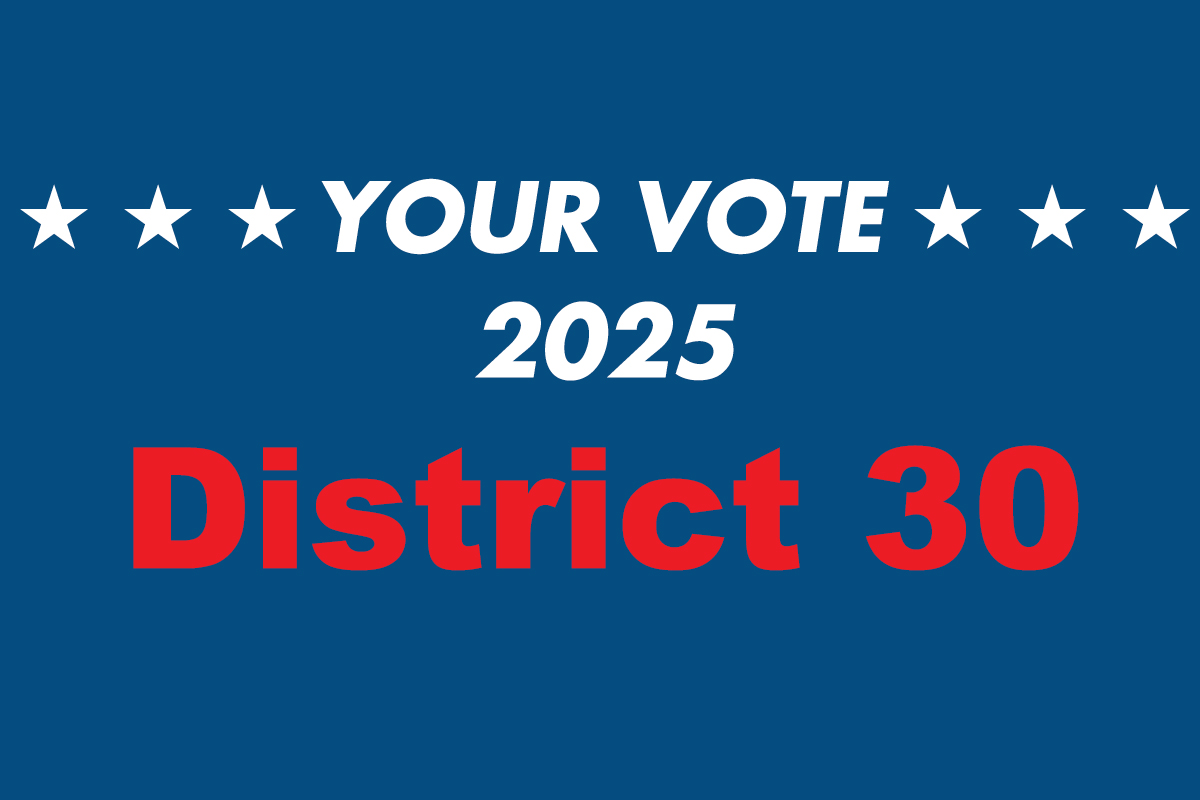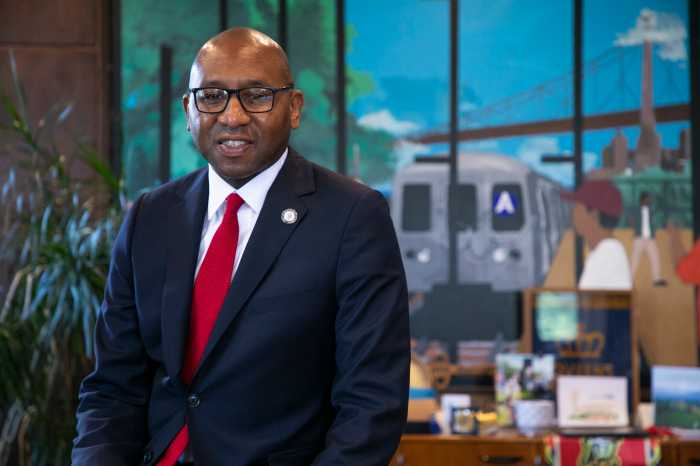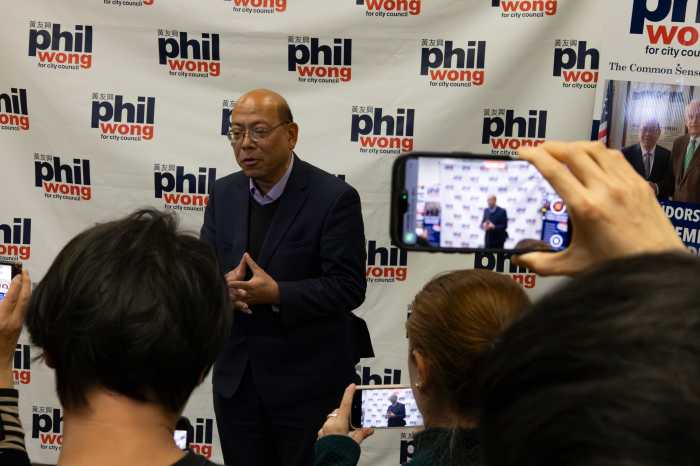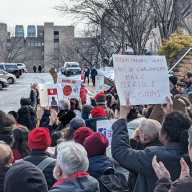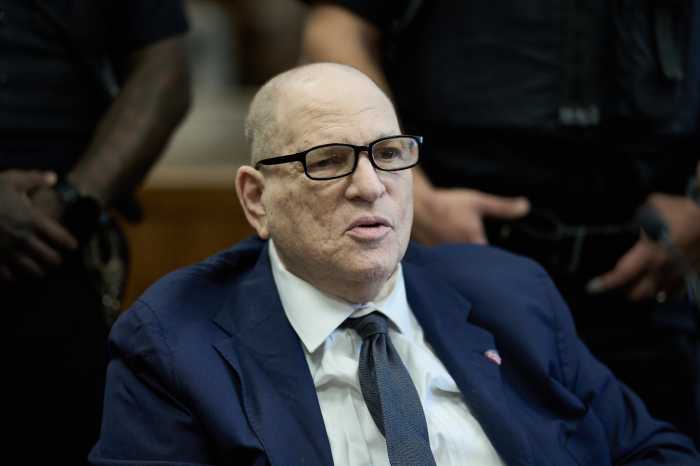Sponsored by AARP
City council candidates Phil Wong and Alicia B. Vaichunas are currently competing for the District 30 seat. As the November election approaches, Queens residents can anticipate welcoming a new representative committed to advocating for their community. Below, the news team explores how each candidate plans to address issues related to aging in New York City.
Q: Many older New Yorkers face barriers to accessing quality healthcare, especially in underserved neighborhoods. What specific policies would you support to improve healthcare access and outcomes for seniors across Queens?
Vaichunas: I will bring care to where seniors are. That means expanding medical transportation to and from appointments, improving Access A Ride with real-time tracking and accountability for missed pickups, and scheduling regular mobile health clinics and screenings at senior centers and community hubs. I will expand telehealth training so seniors can book and see providers from home and ensure language access at every step.
Wong: I would seek the opening of more primary care centers for seniors, with doctors specialize in treating patients on Medicare. AARP’s Oak St. Health is a good example of a working, full service primary care center for seniors.
Q: Older residents are particularly vulnerable during emergencies such as heatwaves, storms, or public health crises. What strategies would you implement to improve emergency preparedness and response efforts for seniors in your community?
Vaichunas: More must be done to check on seniors during emergencies. I will work with city and state agencies, CERT, and community partners on creative wellness-check systems during heat waves, storms, and blackouts; extend hours and improve accessibility at cooling and heating centers; and enroll more residents in Notify NYC (text and phone options). During the pandemic, I regularly called and checked in with seniors—this kind of personal outreach works, and I’ll make sure our district has a clear plan to do it at scale.
Wong: [We] need to add emergency shelters not just for heat, but for floods, power outages, etc. We have plenty of summer power outages and cooling centers should be opened during these outages.
Q: Given that the Department for the Aging currently receives less than 0.5% of the city’s budget despite increasing needs, will you advocate for a substantial increase in funding for aging-related programs such as home care, meal delivery, and senior centers? How will you prioritize these services in your budget proposals?
Vaichunas: I will fight to raise NYC Aging’s share of the budget and baseline core services so they’re not threatened every year. My top priorities are home-delivered meals, cutting waitlists for home care through better case management, stable funding for our local senior centers, and—importantly—senior transportation to medical appointments. I’ve worked on expanding senior transportation while serving Council Member Robert Holden, and I will continue that work. We can pay for this by cutting waste, trimming oversized consulting contracts, and redirecting dollars from programs that are not delivering results so seniors come first.
Wong: We need outdoor exercise programs for seniors in public parks, plus “companions” to chit chat with seniors who live alone to reduce depression and suicides. We also need more senior center fundings— food prices are skyrocketing but the funding levels are way behind.

